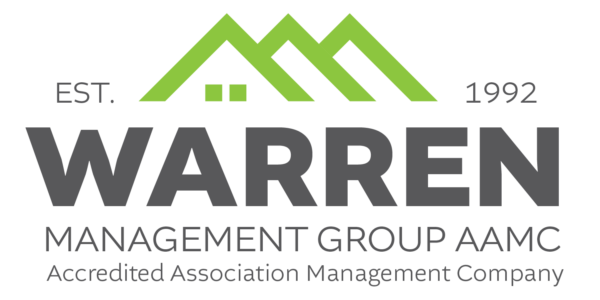What are the most frustrating enforcement challenges in your community? Parking? Yard maintenance? Boats & camper storage? Pets? Unauthorized improvements? Whatever it is, there is no question that covenant enforcement can be the most frustrating part of being on the Board!
The purpose of the governing documents is to define what can and cannot be done within the community & provide for the legal structure & operation of the community. Each document has its unique purpose.
The Declaration of Covenants, for example, defines the basic elements of ownership, creates a binding relationship between the Owners and the Association, defines boundaries, establishes obligations, and sets restrictions. (No wonder its generally the largest document!) These standards are needed to protect both the Owners and the Community Association, enhance property values and promote harmony.
The Bylaws, as another example, governs the daily operations of the Association, defining the powers & duties of the Board. It’s the “operations manual” for the Association.
It is important that Board members know the hierarchy of documents so that when contradictions appear (and they often do), the Board knows which document takes precedence. The hierarchy is as follows:
- Federal & State Statutes & local ordinances
- Recorded Plat (or Map)
- Declaration of Covenants
- Articles of Incorporation
- Bylaws
- Design Guidelines
- Community Standards (or Rules & Regulations)
- Policy Resolutions
The Covenants are mutual agreements among the Owners that are accepted upon taking ownership of property within a covenant-protected community. When pursuing covenant enforcement, the Board should remember that the process used is to accomplish compliance, not enforcement! The purpose is to (1) educate the Owner/resident about the value of the community’s covenants, (2) and seek their cooperative spirit in complying with those standards.
Why is covenant protection so important? Because there is an expectation that investments will be protected. Although not all buyers choose to purchase in a common-interest community for its covenant protection, those who do deserve to received the promised protection!
In addition, covenants maintain the appearance of a community as well-kept, which promotes higher property values by making the community desirable. If standards are left to personal opinion, it becomes evident that the scale of personal opinion varies broadly! What one person thinks is reasonable falls below the line of acceptability for another. Covenants also establish boundaries for residents’ behavior, guiding them to be good neighbors!
 Review the procedure used for covenant enforcement in your Association. Does this process provide for governance that honors the community’s standards while respecting its members?
Review the procedure used for covenant enforcement in your Association. Does this process provide for governance that honors the community’s standards while respecting its members?
Remember that the governance process is not a fast process, but it must be a fair process! Consistent handling of enforcement proceedings gives greater credibility to the process.
